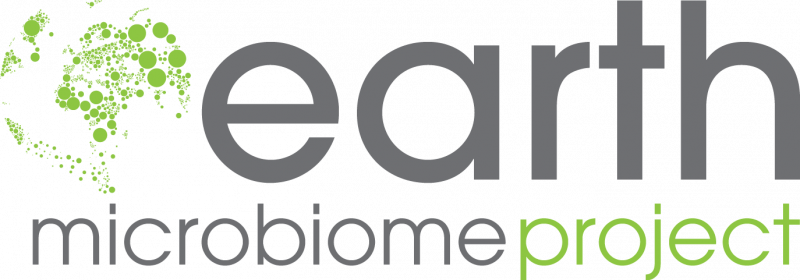
Since 2012, researchers from the University of Granada (UGR) have been actively collaborating on this ambitious project to map the microbial diversity of Earth.
The international Earth Microbiome Project Consortium, formed by more than 500 researchers from 160 institutions, has collected 27,500+ microbial samples as part of a major project to catalogue Earth’s microbial diversity. Dr. Luke Thompson, a Research Associate at the NOAA Southwest Fisheries Science Center in the U.S., together with his collaborators, released the first set of results obtained from the project in a paper published recently in Nature under the title “A Communal Catalogue Reveals Earth’s Multiscale Microbial Diversity”. The paper describes the preliminary results of the Earth Microbiome Project, the most ambitious undertaking of its kind to date. Using cutting-edge DNA sequencing techniques, the project has already obtained 2.2 billion sample sequences; 305,000 of which are totally new to science.
To successfully undertake this task at such a global scale, an approach involving effective collaboration between researchers from around the world has been fundamental. The project has now expanded to 43 countries and all of the world’s continents. Moreover, the information gathered has already given rise to approximately 100 studies, half of which have been published in renowned international journals, while the other half are currently in the process of being published.
The overarching objective of the Earth Microbiome Project is to collect the most comprehensive samples to date of bacterial communities from across the globe, in order to advance the scientific understanding of microbes and their relationship with their environments, including plants, animals and humans. The project, in which UGR researchers have been actively involved since 2012, has successfully analysed a vast range of microorganisms (microbiomes) and developed the first reference database of bacteria colonising the planet.
Current DNA sequencing methods make it possible to analyse thousands of samples, and now thanks to the Earth Microbiome Project, new bioinformatics tools have been developed which make it possible to link bacterial communities to the environments they live in. Moreover, through the adoption of standardised protocols, novel analytical methods, massive sequencing, and the philosophy of open data sharing, the project will continue to expand and improve as new data is progressively included.
Given the fundamental importance of microorganisms for the environment, human health, and industries, numerous studies have focused on the analysis of the microorganisms involved in different processes. However, these studies have always been conducted from very local perspectives and in very specific environments. In contrast, the Earth Microbiome Project addresses global microbial diversity and aims to promote the study of general patterns in microbial ecology throughout the biomes and habitats of our planet.
In general, the microbiomes associated with a living organism are very different to, and less diverse than, free-living microbiomes. As well as revealing the diversity of different environments from across the planet, the Earth Microbiome Project also establishes the influence of local environments on microbiomes. For instance, the salt in saltwater microbiomes makes them distinct from freshwater, but they are still more similar to each other than the bacterial communities living on the skin of cetaceans and fish.
UGR researchers have contributed to the project with two significant studies led by Dr. Juan Manuel Peralta Sanchez; the first of which examines the microbiomes of eggshells from a community of birds in the southeastern Iberian Peninsula, while the second explores the role played by temperature and humidity in the microbiology of spotless starling eggs. Dr. Peralta Sanchez is currently on a postdoctoral contract at the Doñana Biological Station (CSIC), and thanks to a postdoctoral contract awarded by the Campus of International Excellence (CEI BioTic Granada), he also had the opportunity to analyse the samples used in both of these studies in the laboratory of Rob Knight, co-founder of the Earth Microbiome Project. Other UGR researchers have also participated in these studies, including Prof. Manuel Martínez Bueno and Dr. Antonio Manuel Martín Platero (Department of Microbiology), Dr. Manuel Martín-Vivaldi Martínez (Department of Zoology) as well as Dr. Juan J. Soler (Tenured Scientist at the Experimental Station of Arid Zones – CSIC) and Dr. Juan Diego Ibáñez Álamo, a former UGR postdoctoral researcher who is currently working at the University of Groningen (Netherlands).
This Earth Microbiome Project, as an outstanding example of international, multidisciplinary and well-coordinated collaboration, has laid the foundations for the study of global ecological patterns. The project is and always will be an important knowledge resource, facilitating the exploration of many unresolved issues within the field of ecology.
For further information about Earth Microbiome Project, please visit:
Follow us on Twitter: @earthmicrobiom
Contact information:
Dr. Juan Manuel Peralta Sánchez
Prof. Manuel Martínez Bueno
Departament of Microbiology
Telephone number: +34 958243397
Email: @email



